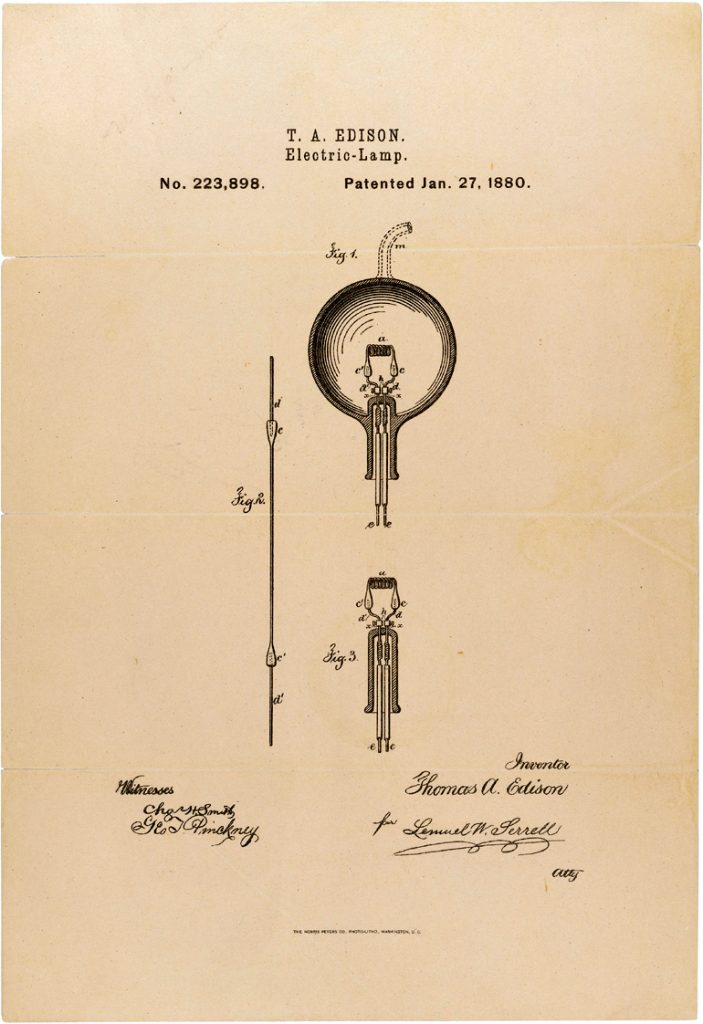
Due to the global pandemic, lots of people are now at home, looking for ways to generate income and to recover their lost livelihood through small businesses. And their option is to sell their intellectual properties by patenting their ideas.
Today, small business owners derive their profit through technological innovations featuring unique, original ideas. These innovative ideas have increased the competition in the market ecosystem. As a rule of thumb, nothing beats your product when your business promotes fresh and new trends.
That’s why a lot of small business owners, who have been selling products that present new processes, compositions of matter, designs, and utility, are engaging in patenting their ideas.
Hence, if you’re a small business owner who hasn’t yet protected new inventions, it’s not too late for you to protect your intellectual properties.
Why should small business owners invest in patents?
Raises your product’s market value

As a general rule, the price point that is widely accepted by the seller and buyer determines the “market value” of a product. Market value is dynamic, which entails the pricing strategy, target market, product development, and message strategy of a seller.
In this case, patents raise your product’s market value by promoting its novelty, uniqueness, and utility against other products through legal protection. That means you only have the exclusive right to use, manufacture, and import your patented products.
Bolsters a brand’s reputation
Patents not only increase your product’s market value, but also, it bolsters your brand’s reputation. As your professional asset, the unique idea of your product advocates innovation and technological updates that your customers need.
Regardless of the business size, your customers are always looking forward to fresh and new products. Also, your patent portfolio that contains your technical expertise attracts more business partners. Hence, your inventions are at the heart of your target market.
Generates income through IP Valuation

The World Intellectual Property Office (WIPO) defines IP Valuation as a process to determine the monetary value of subject IP.
The subject IP is your patented product. While you secure exclusionary rights of your product against unauthorized trade activities, you can strategically valuate your products through merger, acquisition, joint venture, licensing, franchising, and among others. As a general rule, you have to secure a tangible evidence or manifestation that your IP asset exists, such as a contract, a license, a registration document, a record on a set of financial statements, etc.
How small business owners can Patent an Idea?
Open partnership with companies
Although competition for unique ideas empowers inventors, opening partnerships with big companies is your way to patent an idea.
At first, fear blocks you from partnering with big companies, where the latter would probably steal your idea. But here’s the catch: you need to file a provisional patent application for you to seek to delay the examination by preserving a filing date for an invention.
Here, you don’t need to have a claim set for your specification and drawings of your patent. Thus, a provisional patent application only legally marks your invention as “patent pending.”
As a piece of advice from J.D. Houvener, a Patent Attorney serving Los Angeles, you need to patent your product beforehand to avoid intellectual property thefts and potential infringements.
Invest in Industrial Research and Development (RD) Programs

Industrial Research and Development (RD) programs will enable your human capital to obtain new knowledge that is applicable and strategically aligned with the company’s needs.
During the R&D programs, your employees and business partners will get involved in producing new inventions, processes, products, systems, or services. These inventions are potential for trade and commerce, which can be beneficial to support other companies. Ergo, because of today’s endless problems, innovation is your key to patent an idea!
Hire a Patent Attorney

The center of innovation is your idea. Because your idea is a blank slate, you need a guiding professional that will help you determine your goals and ascertain the process on how your ideas work. Ideas are not patentable, but inventions are. Many inventors fail to succeed in filing a patent application due to the lack of knowledge on how to patent an idea.
That’s why you need to hire a patent attorney who will provide you an effective IP plan, secure your disposition, and fortify your intellectual property rights. With all the complex legal technicalities, your patent attorney will help you simplify things and suggest steps to take in cases of potential IP problems.
But there’s more. You can patent an idea by identifying and projecting the patentability and marketability of your invention through a patent success matrix created by Bold Patents. As a reputable and world-class law firm, Bold Patent painstakingly studies your invention from raw start to a projected success.
Unlimited perks are waiting for you. Book your consultation today!
Key Takeaways
Ideas are endless and rewarding. But don’t leave it hanging. As much as possible, engage in innovative platforms, invent new products, and protect your intangible assets for the benefit of your business and your customers.
Believe it or not, the big-time CEOs you’re looking up to were small business owners that struggled to protect their intangible assets before. But because of protecting their intellectual properties, they remain to be successful and sustainable in time.
In the name of market and innovation, keep your ideas going. As a small business owner, patents can help you through these benefits:
- It raises your product’s market value;
- It bolsters your brand’s reputation; and
- It generates income through IP valuation.
How Small Business Owners Can Patent an Idea?
- Open partnership with companies;
- Hiring a Patent Attorney; and
- Invest in Industrial Research and Development (RD)




